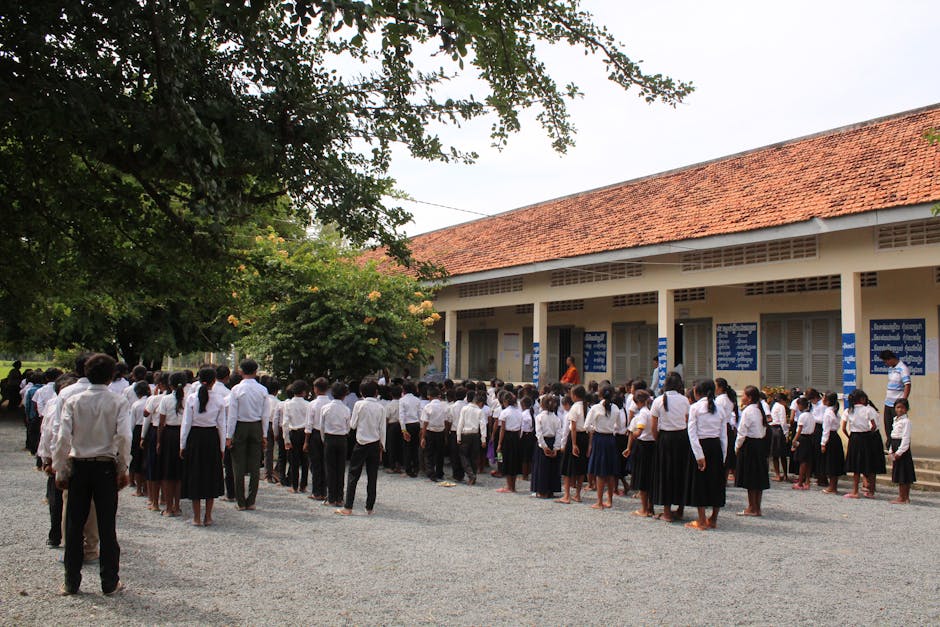In a move that intertwines education, heritage, and regional pride, the West Bengal government has issued a landmark directive making Rabindranath Tagore’s ‘Banglar Mati, Banglar Jol’ (The Soil of Bengal, The Water of Bengal) a mandatory part of morning assemblies in all state-run schools. This decision follows the song’s official declaration as the state anthem, or ‘Rajya Sangeet’, cementing its place in the heart of Bengal’s modern identity.
A Historic Anthem: The Song’s Origins in the 1905 Partition
For those unfamiliar with its profound history, this is far more than just adding another melody to the daily school routine. This is an act of reclaiming a powerful symbol of unity and resistance. Penned by Gurudev Tagore in 1905, the song was born not in tranquil creativity but in the fire of political turmoil. It was a clarion call against the British Raj’s ‘divide and rule’ policy, specifically Lord Curzon’s decision to partition Bengal along communal lines.
‘Banglar Mati, Banglar Jol’ became the anthem of the anti-partition movement. Tagore himself led processions through the streets of Calcutta, with people from all walks of life singing this hymn of unity. He initiated the ‘Rakhi Bandhan’ festival on the day the partition was to take effect, urging Hindus and Muslims to tie rakhis on each other’s wrists as a symbol of unbreakable brotherhood. The song was the soul of this movement, its lyrics pleading for the air, the water, and the hearts of Bengal to remain one.
More Than a Melody: Embedding History in Daily School Life
By making this song mandatory for students, the state government aims to do more than just pay homage to Tagore. It is a strategic effort to embed this crucial chapter of history into the consciousness of the next generation. At a time when narratives can be easily fragmented, this daily ritual ensures that students begin their day with a powerful reminder of Bengal’s syncretic culture and its historical fight for unity.
According to a senior official from the state’s education department, the initiative aims to “instil a deep sense of our cultural heritage and the values of secularism and unity that Tagore championed. Children will not just sing a song; they will imbibe a piece of our history and the spirit of Bengal.”
A Symbol of Cultural Identity and Political Assertion
Of course, the decision is not without its political undertones. It is seen by many as part of a larger push by the Mamata Banerjee-led government to assert Bengal’s distinct cultural identity. This move, coupled with the recent declaration of ‘Poila Baisakh’ (Bengali New Year) as the official ‘Bangla Dibas’ or Bengal Day, reinforces a strong regional narrative.
While critics might argue that mandating any song in schools risks becoming a rote, hollow exercise, supporters believe the opposite. They contend that daily repetition, especially from a young age, can transform a song from a mere text into a deeply felt emotion—a cultural touchstone that children will carry with them for life.
As the first school bells ring to this new order, the powerful resonance is clear. The voices of children echoing the same words that once galvanised their ancestors against division will serve as a living monument to Bengal’s enduring spirit. In this simple act, West Bengal is ensuring its soil and its water—and the unity they represent—are never forgotten.




